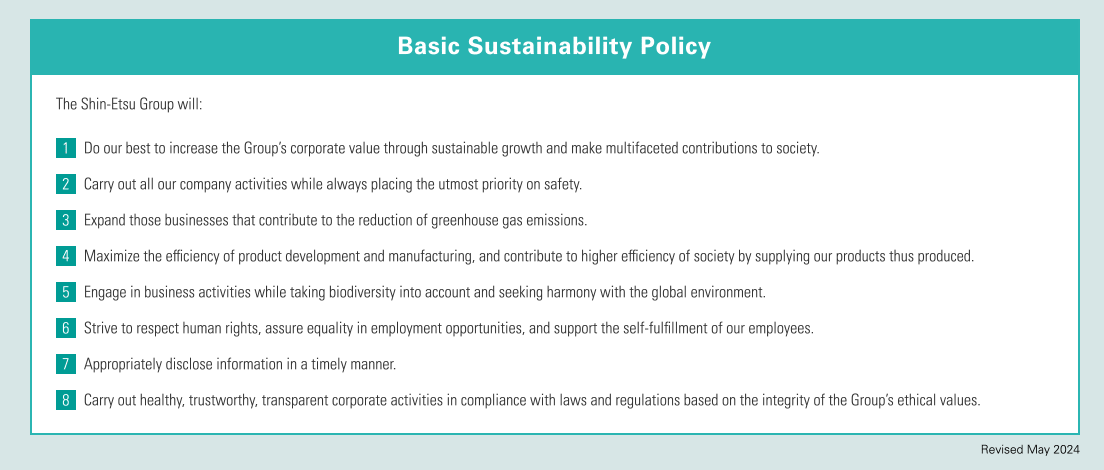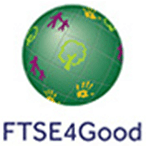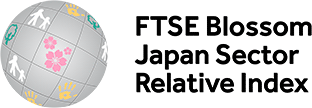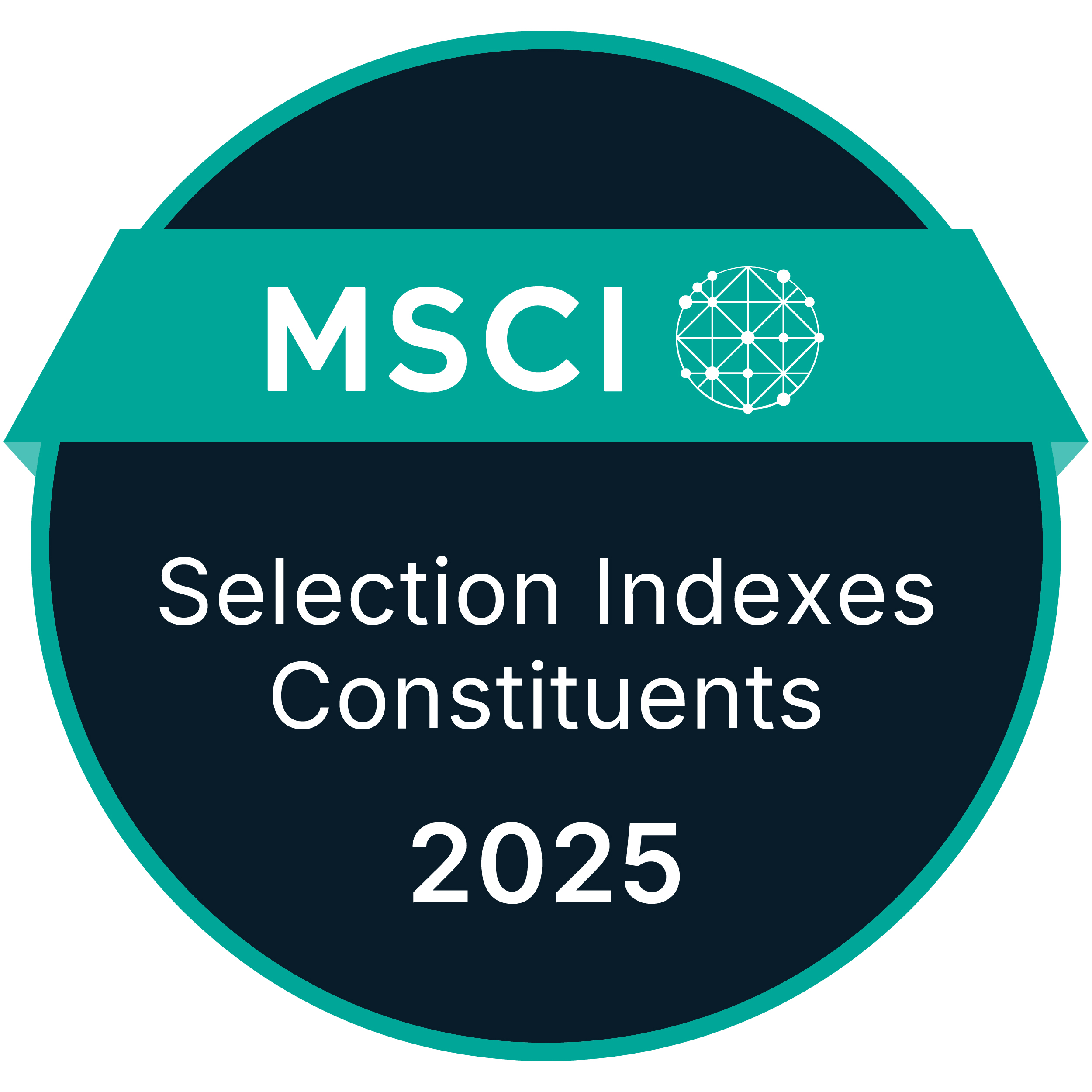Sustainability Management
Shin-Etsu Group’s Sustainability
The Shin-Etsu Group has established a Basic Sustainability Policy based on its Business Principle and is working to address nine key sustainability issues. In May 2024, we revised our Basic Sustainability Policy following approval by the Managing Directors’ Meeting and the Board of Directors attended by all directors, audit & supervisory board members and corporate officers.



Structure of Initiatives
The Group believes that it is the social responsibility of the Group to contribute to all of our stakeholders, such as shareholders, investors, customers, suppliers, local communities, and employees.
To achieve this, we formulated the “Basic Sustainability Policy” and internal regulations and carry out sustainability activities. In order to develop sustainability initiatives effectively and properly at a company-wide level in all aspects of corporate activities, we have set up the Sustainability Committee, which is chaired by the President and comprises approximately 60 members, including Directors, Corporate Officers and department heads of Shin-Etsu Chemical and sustainability officers from group companies.
Structure of Initiatives

| Position | Name | Current Positions (related to Sustainability) |
Key Issues about Sustainability and Other Matters |
|---|---|---|---|
| Representative Director, Chairman of the Board Meeting | Fumio Akiya | In charge of Technologies | Key Issue: Product quality improvements and product safety control |
| Representative Director, President | Yasuhiko Saitoh | Chairman of Sustainability Committee | |
| Managing Corporate Officer | Toshiya Akimoto | Vice Chairman of Sustainability Committee In charge of Public Relations, Legal Affairs, Business Auditing General Manager of Office for Digitization and Digitalization Chairman of Risk Management Committee |
The foundation of all activities: legal compliance, fair corporate activities Key Issue: Respect for and protection of intellectual property Key Issue: Accurate and timely information disclosure and communication with stakeholders Risk Management Corporate Governance |
| Managing Corporate Officer | Fumio Arai | In charge of Purchasing | Key Issue: Promoting CSR procurement and the diversification of supply sources |
| Managing Corporate Officer | Shigeyoshi Netsu | In charge of Patents | Key Issue: Respect for and protection of intellectual property |
| Corporate Officer | Toshiyuki Kasahara | In charge of General Affairs General Manager of Finance & Accounting Dept. |
Corporate Governance (Fair tax payment, etc.) |
| Corporate Officer | Kai Yasuoka | Personnel & Labor Relations | Key Issue: Respect for human rights, the development of human resources, and the promotion of diversity |
| Corporate Officer | Ichiro Onozawa | In charge of Environmental Control & Safety Relations | Key Issue: Health and safety of employees and contractors Key Issue: Energy-Saving, Resource-Saving, and Reduction of the Environmental Impact |
As of June 27, 2025
Participating in the UN Global Compact
In November 2010, the Group joined the UN Global Compact.
Life in society has become more complex and diverse in recent years, and the social responsibilities of enterprises have grown. The Group remains firmly committed to its business principle of complying with all laws and regulations, conducting fair business practices and creates unrivaled value for society and industry through the provision of key materials and technologies. At the same time we respond flexibly to changes in the social and economic environment.
The Group has also been participating in the Global Compact Network Japan (GCNJ) since November 2010. The Group joins subcommittees, such as the Environmental Management Subcommittee and ESG Subcommittee, to use the information gained on the latest development of sustainability to promote the Group’s Sustainability.
The Group, as the first in Japan, signed a document to support GCNJ’s Tokyo Principles for Strengthening Anti-Corruption Practices in February 2018.
Global Compact Ten Principles
Human Rights
- Principle 1:
- Businesses should support and respect the protection of internationally proclaimed human rights; and
- Principle 2:
- make sure that they are not complicit in human rights abuses.
Labour
- Principle 3:
- Businesses should uphold the freedom of association and the effective recognition of the right to collective bargaining;
- Principle 4:
- the elimination of all forms of forced and compulsory labour;
- Principle 5:
- the effective abolition of child labour; and
- Principle 6:
- the elimination of discrimination in respect of employment and occupation.
Environment
- Principle 7:
- Businesses should support a precautionary approach to environmental challenges;
- Principle 8:
- undertake initiatives to promote greater environmental responsibility; and
- Principle 9:
- encourage the development and diffusion of environmentally friendly technologies.
Anti-Corruption
- Principle 10:
- Businesses should work against corruption in all its forms, including extortion and bribery.

Related Information
Evaluation from Outside the Company
The Company is incorporated in the following Sustainability indexes. We also disclose environmental risks, opportunities, and impacts through CDP*1. In FY2024, our CDP climate change evaluation was A-.
*1CDP
An international environmental non-profit organization established in the UK in 2000 that operates a global environmental information disclosure system for companies and local governments. The annual environmental information disclosure and evaluation process is widely recognized as an international standard for corporate environmental information disclosure.








*FTSE Russell (the trading name of FTSE International Limited and Frank Russell Company) confirms that Shin-Etsu Chemical Co., Ltd. has been independently assessed according to the FTSE4Good criteria, and has satisfied the requirements to become a constituent of the FTSE4Good Index Series. Created by the global index provider FTSE Russell, the FTSE4Good Index Series is designed to measure the performance of companies demonstrating strong Environmental, Social and Governance (ESG) practices. The FTSE4Good indices are used by a wide variety of market participants to create and assess responsible investment funds and other products.
https://www.lseg.com/en/ftse-russell/indices/ftse4good
*FTSE Russell: FTSE Russell hereby certifies that Shin-Etsu Chemical Co., Ltd. has met the requirements for inclusion in the FTSE Blossom Japan Sector Relative Index as a result of a third-party survey and has become a constituent of this index. The FTSE Blossom Japan Sector Relative Index is widely used to create and evaluate sustainable investment funds and other financial products.
https://www.ftserussell.com/products/indices/blossom-japan/
*FTSE Russell confirms that Shin-Etsu Chemical Co., Ltd. has been independently assessed according to the index criteria, and has satisfied the requirements to become a constituent of the FTSE Blossom Japan Index. Created by the global index and data provider FTSE Russell, the FTSE Blossom Japan Index is designed to measure the performance of companies demonstrating strong Environmental, Social and Governance (ESG) practices. The FTSE Blossom Japan Index is used by a wide variety of market participants to create and assess responsible investment funds and other products.
*MSCI:THE INCLUSION OF Shin-Etsu Chemical Co., Ltd. IN ANY MSCI INDEX, AND THE USE OF MSCI LOGOS, TRADEMARKS, SERVICE MARKS OR INDEX NAMES HEREIN, DO NOT CONSTITUTE A SPONSORSHIP, ENDORSEMENT OR PROMOTION OF Shin-Etsu Chemical Co., Ltd. BY MSCI OR ANY OF ITS AFFILIATES. THE MSCI INDEXES ARE THE EXCLUSIVE PROPERTY OF MSCI.
MSCI AND THE MSCI INDEX NAMES AND LOGOS ARE TRADEMARKS OR SERVICE MARKS OF MSCI OR ITS AFFILIATES.
As of July, 2025
Utilization of Supply Chain CSR Management Systems
The Group utilizes supply chain CSR management systems, such as RBA Online*2, Sedex*3, and EcoVadis*4 to disclose CSR information.
*2RBA Online
An online database organized by NPO Responsible Business Alliance (former: Electronic Industry Citizenship Coalition) to manage labor, health and safety, environment, and ethics in the supply chain. Enterprises in the global electronic industry and others join the Responsible Business Alliance.
*3Sedex
An online database organized by and named after NPO Sedex for storing and accessing data on ethical and responsible business practices. Enterprises from 150 countries in 28 industries, including food, automobile, cosmetics, and amenity, have joined Sedex.
*4EcoVadis
The supply chain management system operated by the French CSR rating agency, EcoVadis, is used by multinational corporations in 150 countries in North America, Asia, and Europe.
